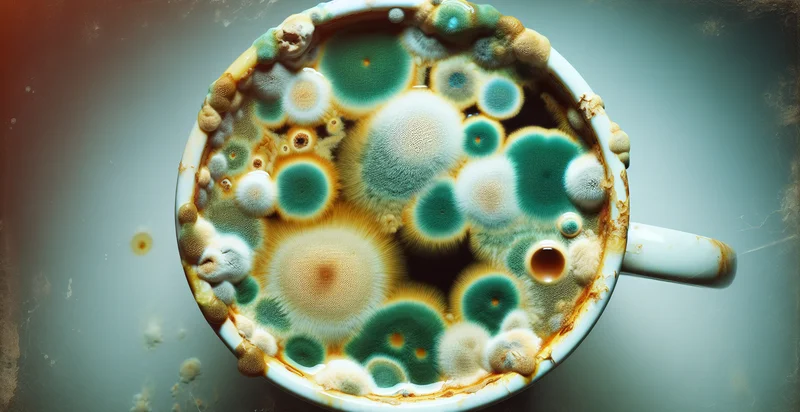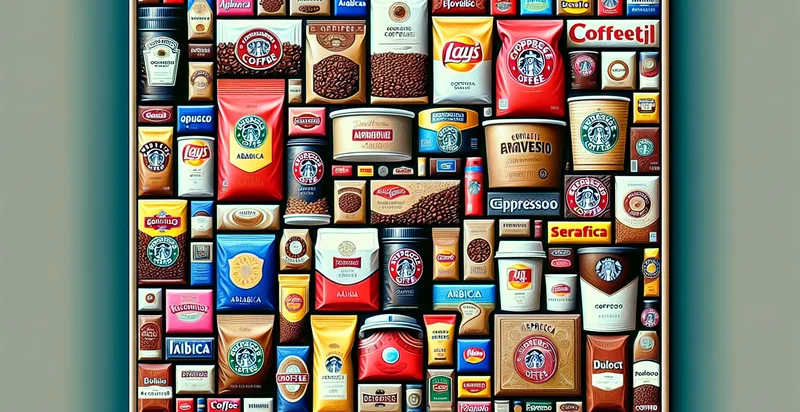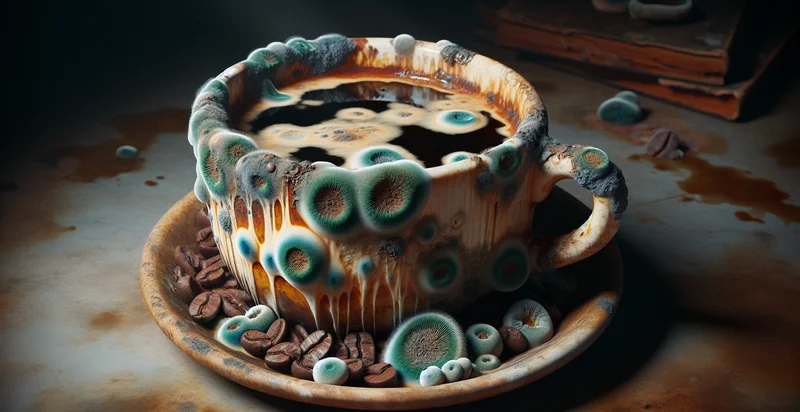Identify if coffee is moldy
using AI
Below is a free classifier to identify if coffee is moldy. Just upload your image, and our AI will predict if coffee is moldy - in just seconds.

Contact us for API access
Or, use Nyckel to build highly-accurate custom classifiers in just minutes. No PhD required.
Get started
import nyckel
credentials = nyckel.Credentials("YOUR_CLIENT_ID", "YOUR_CLIENT_SECRET")
nyckel.invoke("if-coffee-is-moldy", "your_image_url", credentials)
fetch('https://www.nyckel.com/v1/functions/if-coffee-is-moldy/invoke', {
method: 'POST',
headers: {
'Authorization': 'Bearer ' + 'YOUR_BEARER_TOKEN',
'Content-Type': 'application/json',
},
body: JSON.stringify(
{"data": "your_image_url"}
)
})
.then(response => response.json())
.then(data => console.log(data));
curl -X POST \
-H "Content-Type: application/json" \
-H "Authorization: Bearer YOUR_BEARER_TOKEN" \
-d '{"data": "your_image_url"}' \
https://www.nyckel.com/v1/functions/if-coffee-is-moldy/invoke
How this classifier works
To start, upload your image. Our AI tool will then predict if coffee is moldy.
This pretrained image model uses a Nyckel-created dataset and has 2 labels, including Fresh Coffee and Moldy Coffee.
We'll also show a confidence score (the higher the number, the more confident the AI model is around if coffee is moldy).
Whether you're just curious or building if coffee is moldy detection into your application, we hope our classifier proves helpful.
Related Classifiers
Need to identify if coffee is moldy at scale?
Get API or Zapier access to this classifier for free. It's perfect for:
- Coffee Quality Control: This function can be utilized by coffee producers and roasters to ensure that the beans they are processing are free from mold. By integrating the moldy coffee identifier into their quality control processes, companies can minimize losses and enhance the overall quality of their products.
- Consumer Safety App: A mobile application can leverage this function to allow consumers to scan their coffee beans or grounds to determine if they are safe to consume. This promotes health and safety by preventing the consumption of potentially harmful moldy coffee, thereby educating consumers about coffee safety.
- E-commerce Platform Integration: Online coffee retailers can implement this identifier as part of their product quality assurance system. Before shipping, the system could flag any moldy products, decreasing the likelihood of sending faulty products to customers and improving overall customer satisfaction.
- Research and Development: Coffee researchers can utilize this function to study the prevalence and types of mold found on different coffee varieties. This data can be pivotal in understanding and developing better ways to cultivate, harvest, and process coffee beans while minimizing the risks of mold contamination.
- Food Service Industry Standards: Cafés and restaurants can adopt this identification system to routinely check the coffee they serve. This ensures compliance with health regulations and enhances their reputation by offering only safe and high-quality beverages to their patrons.
- Supply Chain Analytics: Coffee importers and wholesalers can use the moldy coffee identifier to assess the quality of coffee beans received from different suppliers. This application allows them to make data-driven decisions about supply chain practices and engage with suppliers who consistently provide mold-free products.
- Educational Workshops: Coffee training schools could integrate this function into their educational programs to teach students about mold detection and prevention. By utilizing practical demonstrations, students can learn the importance of coffee quality and the impact of mold on flavor and health.


